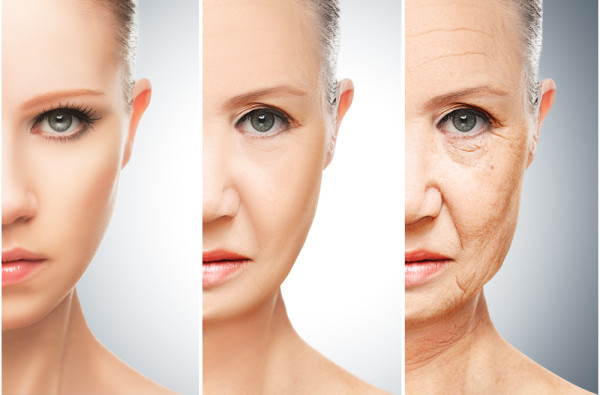By Janis Jibrin, M.S., R.D., Best Life lead nutritionist
How old are you? Now, how old do you feel? The two numbers might not necessarily match up—your “real age” could be years younger than your chronological age. Or, if you’ve abused your body and/or have a chronic disease, you could be older than your real age.
If you’re curious about your “real age,” there are a number of easy-to-use online questionnaires that can calculate this—I used RealAge to find mine but a quick Google search will reveal plenty more options. You simply fill out information on your medical history, including diseases, blood cholesterol levels, blood pressure and other lab values. Mood, depression, and even your sex life are also queried, as well as risky behaviors like hours logged behind the wheel.
Even as an advisory board member of Sharecare.com, which owns RealAge, I was skeptical. Could it—or any other questionnaire—churn out a legitimate number? I certainly hoped so; RealAge knocked 6.3 year off my age! And now, a new independent study has made me feel even better about my results.
Researchers from the University of California in San Diego analyzed more than 186,000 Californians who took the test between 2005 and 2026, when they were ages 30 to 79. Looking at California death records, researchers found that 1,046 test takers had died somewhere between one to five years after taking the test. With this information, researchers discovered that the test was more accurate at predicting a person’s risk of dying than just knowing their chronological age.
For each extra year RealAge adds to your chronological age, your risk of death rises by about 7.9 percent compared to an average American of the same chronological age. And for every year it subtracts, your risk of death decreases by 7.9 percent. I’ll spare you the math, but what that ultimately means is that if, say, you took the test at age 35 but got a RealAge score of 30, your risk of dying would be that of an average 30-year-old.
A few caveats: The study population isn’t perfectly representative of all Americans. The RealAge test takers were largely white, female, college-educated, and older (average age of 48). Still, study authors note that RealAge outperformed a test widely considered the gold standard in research circles called the “Framingham ATP-III.” So, there’s a decent chance it will work as well for other racial/gender groups. Being white, female, college-educated, and yes, a little older, I’m sold: Take me back 6.3 years!
Also Read:
Endurance Exercise Protects Against Aging
RealAge Launched Most Precise Assessment Yet

